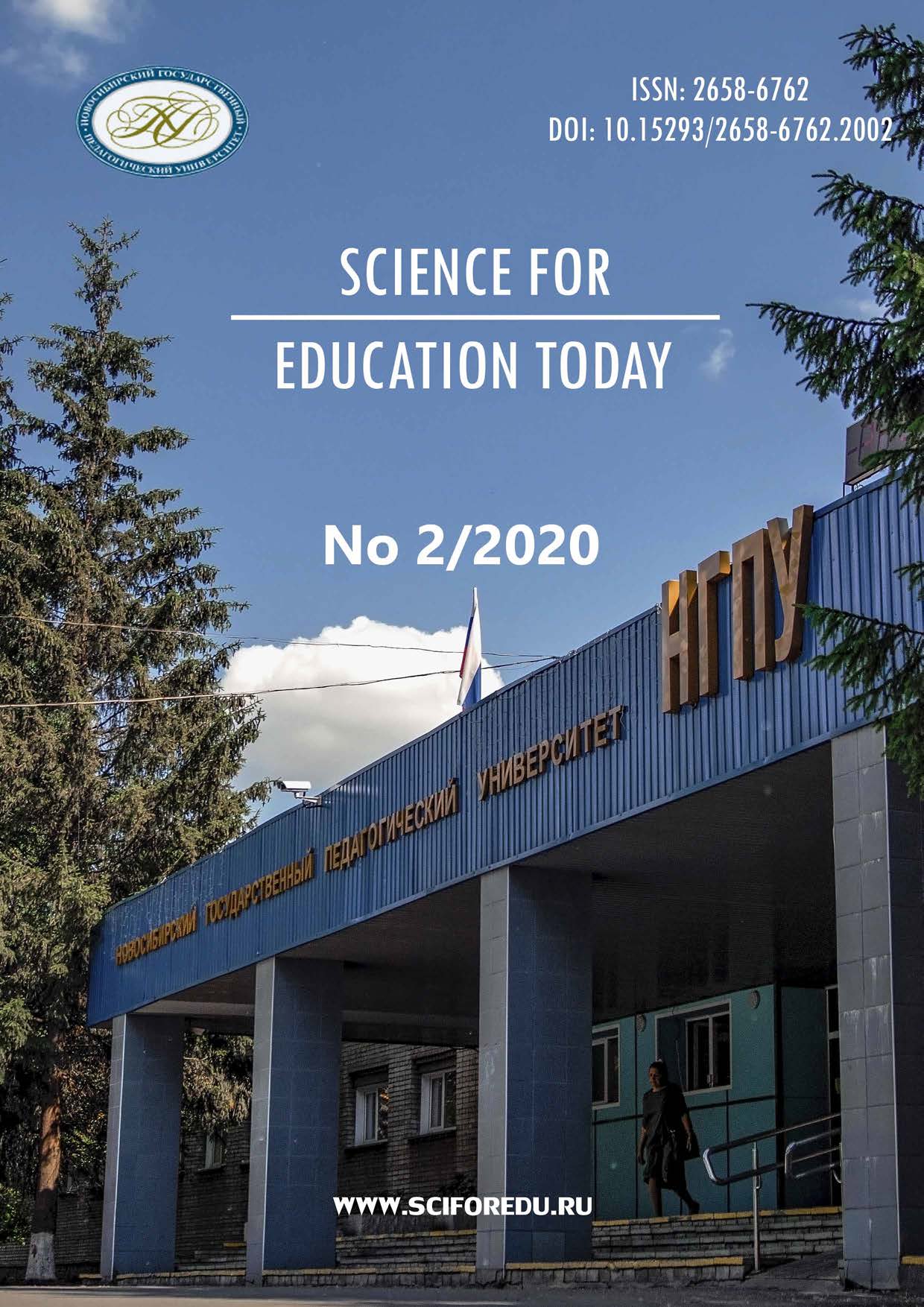Особенности интеграции научно-образовательных практик России и Китая в приграничье: социокультурный аспект
Characteristics of Russia-China research and education integration in the border region: Sociocultural aspect
Author(s): Valentina Sergeevna Morozova, Dorzhi Dondokovich DondokovSubject(s): Higher Education , Sociology of Culture, Sociology of Education
Published by: Новосибирский государственный педагогический университет
Keywords: International research and education environment; Border university; Russia-China cooperation; Research and education practices; Sociocultural specifics; Cross-Border research and education cluster;
Summary/Abstract: Introduction. The authors analyze sociocultural mechanisms of cross-border interaction between Russia and China in the light of emerging international research and educational environment. The paper aims to identify key features of integrated cooperation in the fields of research and education in the sociocultural environment of Russia-China border region and to establish the grounds for using its potential in the practice of Russian and Chinese educational systems co-development. Materials and Methods. The article reviews a number of Russian and international refereed studies into sociocultural specifics of educational cooperation, partnership agreements, agreements in the field of research and education cooperation and employs sources included in international scientific databases. The authors use the results of the field research conducted between 2015 and 2019 in the border territories of Northeast China. The study is based on the principles of philosophical reflection and the dialogue of cultures. The main research approaches include sociocultural, cultural-philosophical and cultural-semiotic ones. Cluster and glonacal (global + national + local) approaches are partially employed as the groundwork for future studies. Results. In order to identify the specifics of research and educational integration of educational systems belonging to different cultural-civilizational types, the authors have analyzed the processes of interaction between Russia and China in the field of science and education in cross-border regions. The article provides the case of a regional pair: Zabaykalsky Krai (Transbaikal Region) in Russia and Dongbei Region in Northeastern China, People's Republic of China. Main forms and trends in Russia-China cross-border research and educational cooperation are identified and examined. Sociocultural grounds are established in the scope of distinguishing factors which complicate research and educational practices integration. The authors clarify the significance of universities’ participation as the main actors of research and educational cooperation in cross-border regions. As a result, the study has identified the specifics of Russia-China research and educational cross-border integration with an emphasis on its institutionalization in a relevant form of an academic cluster. Conclusions. Summing up the results of Russia-China cross-border research and educational cooperation complex comparative analysis, the authors have identified its sociocultural specifics and establish the grounds of using its potential in the practice of Russia-China educational systems co-development.
Journal: Science for Education Today
- Issue Year: 10/2020
- Issue No: 2
- Page Range: 167-186
- Page Count: 20
- Language: Russian

